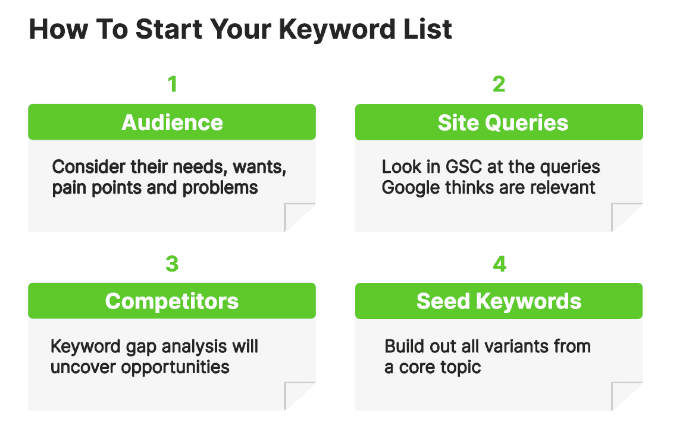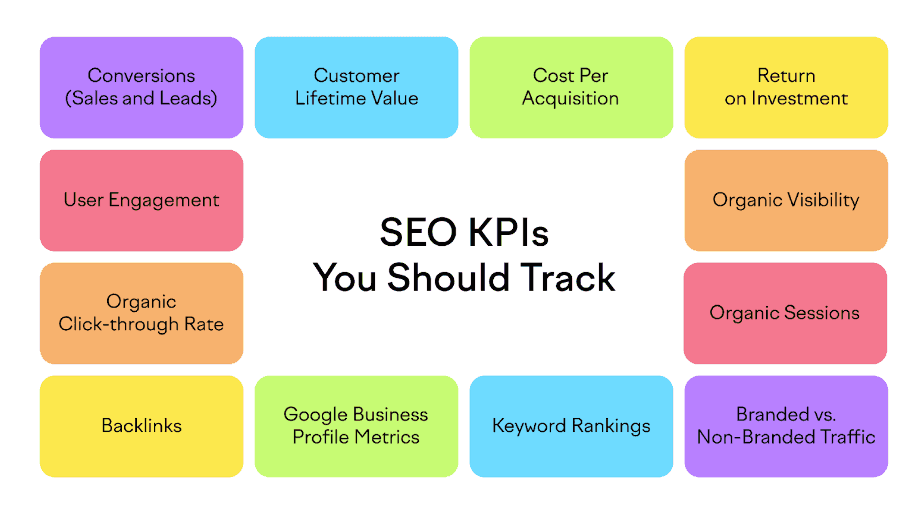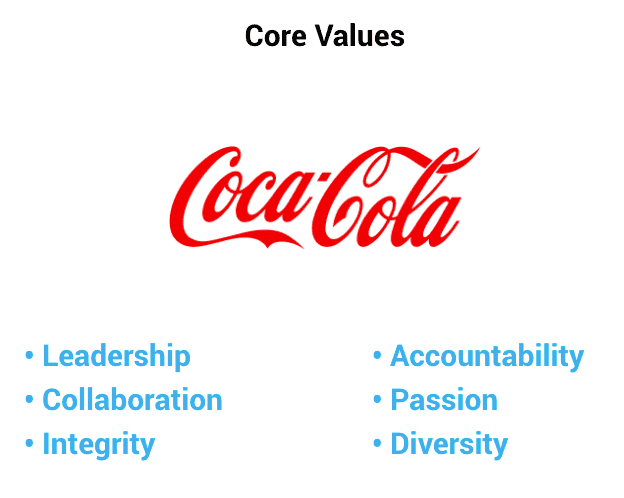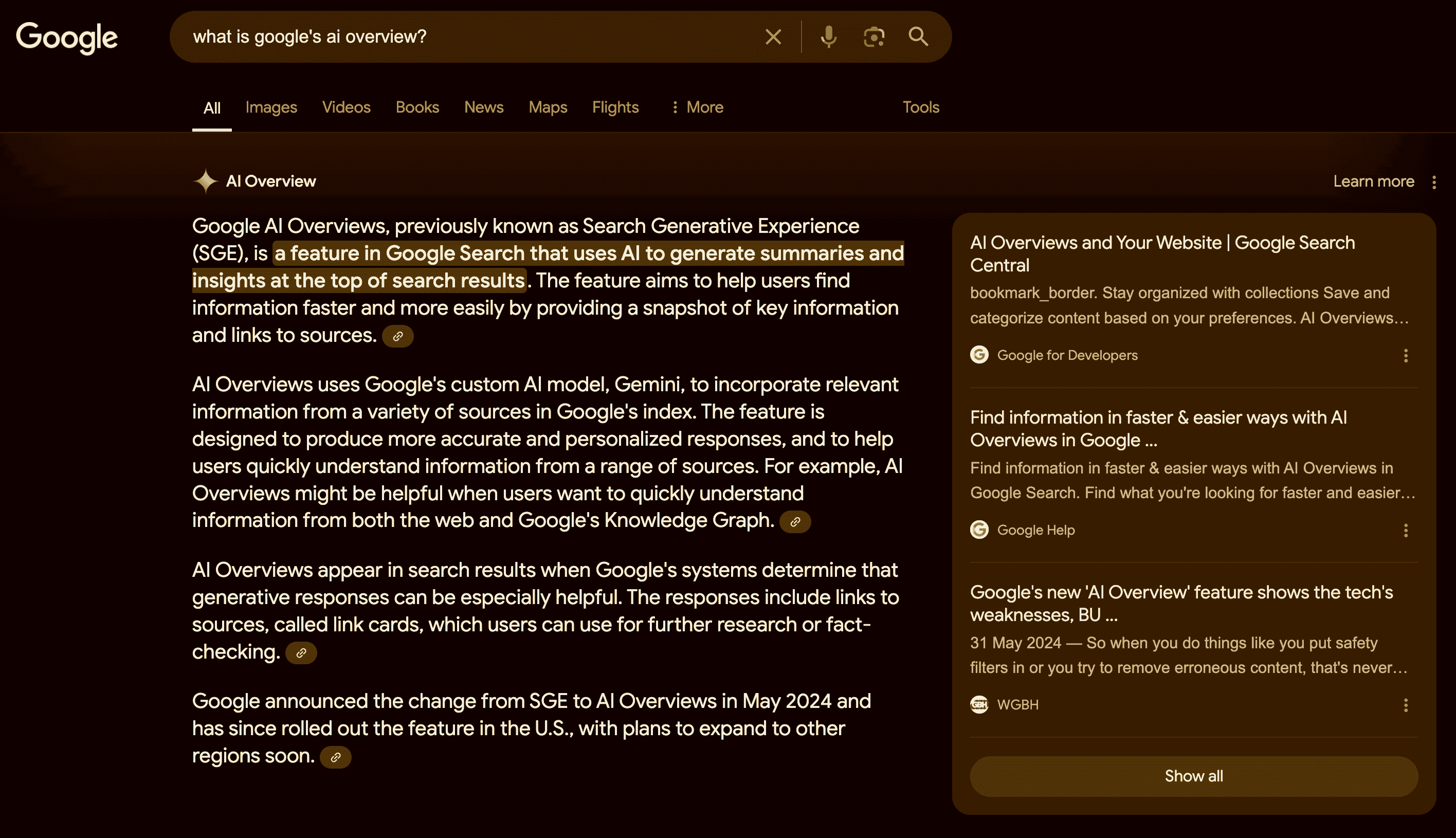Mastering Dynamic Keyword Tracking for Effective SEO Campaigns
Last updated on Tuesday, October 10, 2023

In today's rapidly changing online environment, businesses and content creators often find themselves chasing elusive search trends. The frequent updates in search algorithms and shifts in consumer behavior can render yesterday's SEO strategies ineffective.
This leaves many grappling with the question: How can one stay ahead of these ever-moving targets?
Enter into the world of Dynamic Keyword Tracking.
This approach isn't just about keeping up; it's about anticipating and adapting to the shifting landscape. In the subsequent sections, we'll explore how dynamic keyword tracking can become your invaluable ally, transforming your SEO campaigns from static and reactive to flexible and proactive, ensuring you're not just part of the online conversation, but leading it.
What is Dynamic Keyword Tracking, How Is It Different?
Dynamic keyword tracking is more than a static analysis of keywords. It's a continuous, real-time approach to understanding what your potential customers are searching for at any given moment.
Unlike traditional keyword analysis, which relies on historical data, dynamic keyword tracking is always current, reflecting the latest trends and consumer interests. This method is innovative, offering a more responsive and tailored approach to SEO.
Imagine you run an online store selling eco-friendly products.
In a traditional keyword analysis, you might identify terms like "sustainable products" or "green living" based on historical search data, and then optimize your website's content around these phrases.
Now, let's introduce dynamic keyword tracking.
This approach monitors search queries in real-time. During a week when a popular celebrity endorses bamboo toothbrushes, search queries related to this specific item might spike.
With traditional methods, you may miss this trend entirely or catch on too late, once the interest has waned. But with dynamic keyword tracking, you detect the surge in searches for "bamboo toothbrushes" right as it's happening.
You can quickly update your website's content, perhaps featuring your line of bamboo toothbrushes on the homepage or writing a blog post about the benefits of using them. You might even run a limited-time promotion.
This responsive action aligns your content with current consumer interest, likely leading to increased traffic and sales. Meanwhile, your competitors, who are relying on static keyword analysis, are left behind, as they're not attuned to this sudden shift in consumer interest.
Dynamic keyword tracking, thus, empowers you to stay ahead of the curve, adapting to real-time trends, and positioning your content in line with what your audience is actively seeking at any given moment. It's not just about knowing what was popular, but understanding what is popular right now, and acting on it swiftly.
Three Benefits of Dynamic Keyword Tracking
Real-Time Insights: As search trends fluctuate, dynamic keyword tracking keeps you in the loop. It provides immediate insights into what people are searching for now, allowing you to adapt your content quickly to meet their needs.
Adaptability: Traditional SEO methods can become quickly outdated, while dynamic keyword tracking enables you to adapt effortlessly. This flexibility ensures that your content is always aligned with the current market trends, keeping you ahead of your competitors.
Enhanced Targeting: By understanding the latest search queries, dynamic keyword tracking helps you create content that speaks directly to your audience's needs and interests. This targeted approach leads to higher engagement and conversion rates, as your content resonates with what people are genuinely seeking.
How to Implement Dynamic Keyword Tracking in Your SEO Campaigns
#1. Selecting the Right Tools:
Start by choosing a dynamic keyword tracking tool that suits your needs. Look for platforms that offer real-time data updates, user-friendly interfaces, and robust analytical capabilities. Google Analytics, SEMrush, and Ahrefs are popular choices. Sign up, create an account, and familiarize yourself with the tool's features.
#2. Identifying Relevant Keywords:
Brainstorm a list of keywords and phrases that are relevant to your business. Use your existing knowledge and any historical data you have.

Then, explore the tool's keyword research functionality to uncover additional search terms that are currently trending.
#3. Setting Up Tracking Parameters:
Within your chosen tool, set up tracking for the identified keywords.
Create specific alerts or notifications that will notify you whenever there's a significant change in search volume or ranking for those keywords. This way, you'll be instantly informed about emerging trends.
#4. Monitoring and Analyzing Real-Time Data:
Regularly log in to your dynamic keyword tracking tool, like AccuRanker, to monitor the real-time data.
Keep an eye on how the search volume for your chosen keywords evolves over time. Look for sudden spikes or drops that might indicate a trend in the making or changing user behavior.
#5. Spotting Emerging Trends:
Identify patterns in the data.
Are there certain keywords that are gaining traction? Are there any unexpected shifts in search behavior? Use this information to spot emerging trends that align with your business or content.
#6. Adapting Content Strategy:
As you spot emerging trends, adapt your content strategy accordingly.
Create new content or update existing content to address these trends. This could involve writing blog posts, creating videos, or optimizing product pages to align with the keywords gaining popularity.
#7. Testing and Optimization:
Implement the adapted content and closely monitor its performance.
Track how well your content is ranking for the newly targeted keywords. If you notice positive results, consider optimizing more content around similar trends.
#8. Iterating and Learning:
Dynamic keyword tracking is an iterative process.
Regularly review your tracking data, analyze the impact of your content changes, and refine your strategy based on the results.
Over time, you'll become more adept at recognizing and capitalizing on emerging trends.
Overcoming Challenges With Dynamic Keyword Tracking
#1. Dealing with Data Overwhelm:
One common challenge with dynamic keyword tracking is the sheer volume of real-time data that can quickly become overwhelming. To navigate this challenge:
Solution: Focus on Key Metrics - Identify key performance indicators (KPIs) that truly matter to your business. Instead of trying to analyze every data point, prioritize metrics such as click-through rates, conversion rates, and traffic sources. This ensures that you're concentrating on the data that directly impacts your goals.

#2. Staying Compliant with Privacy Regulations:
With data privacy regulations becoming more stringent, it's essential to ensure that your dynamic keyword tracking practices adhere to legal standards.
Solution: Use Anonymized Data - When working with user data, ensure that any personally identifiable information is anonymized. Familiarize yourself with data protection laws in your region, like GDPR or CCPA, and implement the necessary safeguards.
#3. Managing Constant Adaptation:
As trends change rapidly, it can be challenging to strike a balance between being responsive to shifts and maintaining a consistent brand message.
Solution: Align with Core Values - Establish a set of core brand values and messaging guidelines. While adapting to trends, ensure that any changes you make still align with these core values. This maintains a cohesive brand identity while allowing you to respond to changing dynamics.
For example, Coca-Cola has these core values
Exploring Advanced Tactics for Dynamic Keyword Tracking
#1. Integrating with Other Marketing Efforts:
Dynamic keyword tracking can be even more potent when integrated with other marketing channels, but this can also be complex.
You can develop a cross-channel strategy that synchronizes your dynamic keyword insights with your social media, email marketing, and paid advertising efforts or even SaaS marketing. This creates a unified brand experience and maximizes the impact of your campaigns.
#2. Utilizing Machine Learning and Automation:
Harnessing machine learning and automation can take dynamic keyword tracking to the next level, but it requires technical know-how.
Begin with simple automation tasks, like setting up alerts for specific keyword changes. As you become more comfortable, explore more advanced automation options and consider partnering with experts or taking relevant online courses.
#3. Competitor Analysis:
Monitoring competitors' keyword strategies can provide valuable insights, but it's important to do so ethically.
While studying competitors, focus on identifying trends and strategies that align with your goals. Instead of copying outright, adapt these insights to your unique approach, ensuring you maintain your distinct brand identity.
Final Thoughts
As you embark on your journey to master dynamic keyword tracking for effective SEO campaigns, remember that staying ahead requires not just knowledge, but action. Implementing this dynamic approach can be a game-changer, but it's only the beginning. The digital realm is ever-shifting, and your willingness to adapt is your greatest asset.
As you track and respond to real-time data, you're not just optimizing your content—you're engaging with your audience's evolving needs.
But here's the twist: the true mastery lies in finding the delicate balance between data-driven adaptation and the unwavering core of your brand's identity.
So, what's next? It's time to dive in, explore, and make dynamic keyword tracking an integral part of your SEO arsenal. Embrace the challenges, leverage the advanced tactics, and continually seek new ways to innovate. Your approach to SEO must remain in motion.
Now, armed with the power of dynamic keyword tracking, you're poised to lead the conversation, shape trends, and guide your brand toward lasting digital success.

Article by:
Trevor Hatfield
Founder of Inturact
Trevor Hatfield founded Inturact, a company providing B2B SaaS user onboarding and customer onboarding solutions that help SaaS companies identify and solve actual product onboarding problems, reduce risk, and provide a clear path to increased paid conversions and better retention.




